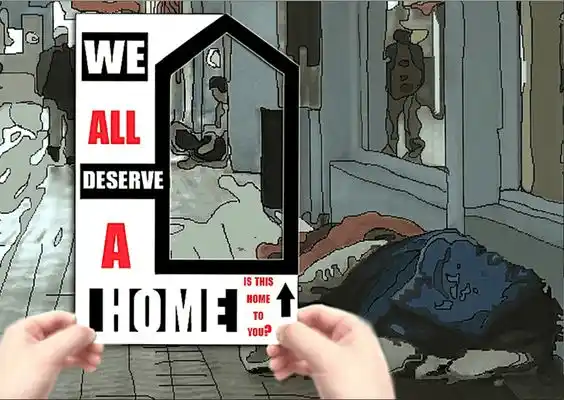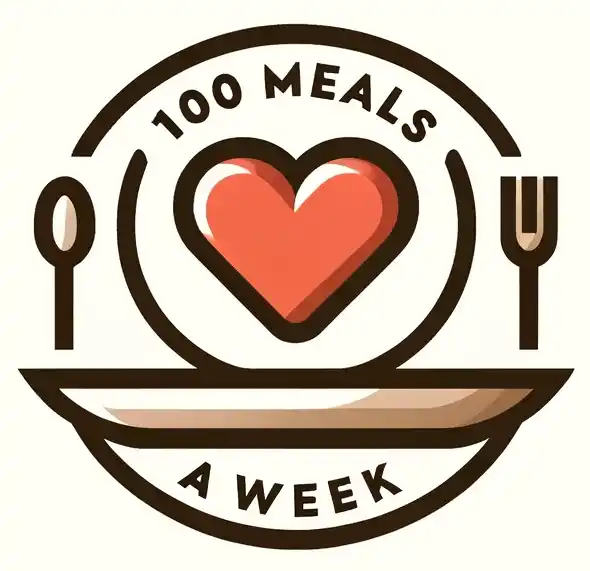Karina Hayat’s Take on the Link Between Substance Abuse and Homelessness

Having a safe and stable place to call home is fundamental to leading a healthy and fulfilling life. Yet, as of January 2023, around half a million Americans were experiencing homelessness, revealing a significant and ongoing issue. Homelessness is a multifaceted problem, often connected to various challenges such as domestic violence, chronic health conditions, and mental illness. Contrary to common misconceptions, substance abuse is not necessarily the primary cause of homelessness; rather, many individuals may turn to substance use as a coping mechanism in response to the harsh realities of lacking stable housing.
The Escalation of Substance Abuse
Substance abuse is on the rise, with the pandemic exacerbating an already critical situation. The Substance Abuse and Mental Health Services Administration reports that around 38% of homeless individuals in the U.S. struggle with alcohol addiction, while over 20% are involved in drug abuse. Consequently, the number of annual deaths from overdose in the U.S. has surged by nearly 50% since the onset of COVID-19, highlighting the urgency of addressing this public health crisis.
Understanding the Link: Why Substance Abuse is Prevalent Among the Homeless
While every individual’s journey is unique, there are common factors that contribute to the high rates of substance abuse among those experiencing homelessness. These include the stress of harsh living conditions, the vulnerability of certain demographics, and the challenge of idle time.
Coping with Harsh Conditions
The sudden transition to life on the streets brings fear, uncertainty, and a daily struggle for survival. In places like British Columbia, where extreme weather conditions are common, the lack of shelter and security can drive individuals to use substances as a way to cope with their harsh realities. Unfortunately, this coping mechanism often worsens the very challenges that led to homelessness in the first place, creating a vicious cycle that is difficult to break.
Vulnerable Populations at Greater Risk
Substance abuse in the homeless community is frequently driven by personal struggles, past trauma, untreated mental illness, and a social environment that normalises drug use. Without a support system, individuals become more vulnerable to harmful influences, leading to a worsening cycle of addiction.
Mental health issues play a significant role, with 31% of the homeless population in the U.S. grappling with mental health concerns. The isolation that often accompanies these challenges can deepen feelings of despair, driving individuals further into substance abuse.
The Challenge of Idle Time
One of the more unexpected contributors to substance abuse among the homeless is idle time. The bureaucratic hurdles involved in securing employment, housing, or even basic identification can be overwhelming. The frustration of waiting for these processes to unfold, combined with the stress of daily survival, can lead individuals to substance use as a way to cope.
Moving Forward
Combating homelessness requires a multi-pronged approach that includes:
- Affordable Housing Initiatives: Policies and programs that increase the availability of affordable housing can help prevent homelessness.
- Substance Abuse Treatment: Expanding access to addiction recovery services can help individuals overcome substance abuse and regain stability.
- Mental Health Support: Providing comprehensive mental health care and support can prevent individuals from falling into homelessness.
- Living Wage Advocacy: Raising the minimum wage to reflect the actual cost of living can help workers maintain stable housing and avoid poverty.
How 100 Meals a Week is Making a Difference?
Homelessness and substance abuse are deeply interconnected issues that require a compassionate, multifaceted approach. 100 Meals a Week, an initiative founded by Zeeshan and Karina Hayat, is committed to meeting individuals at their point of need, providing a range of services that address both immediate concerns and long-term goals. Our approach is holistic, recognising that recovery and stability require more than just food—they require community, support, and structure. Through our programs and services, we are working to break the cycle of homelessness and addiction, one life at a time.
For more information on how you can support 100 Meals a Week and its initiatives, please contact [email protected]
What additional measures can be taken to address the dual challenges of homelessness effectively and substance abuse?
